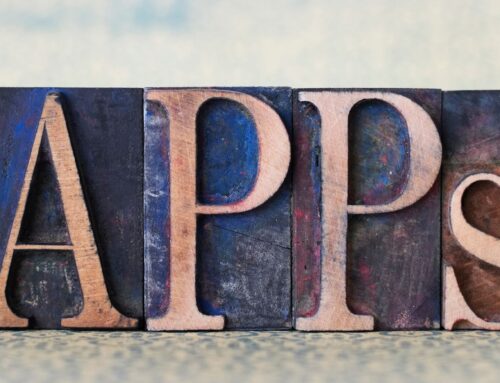
If you want to attract new clients and get paid what you’re worth, you need to communicate your value. How do you effectively communicate value as a bookkeeper? That’s something I struggled with at first. It took me a while to figure out that the things my clients valued weren’t always what I expected. In this two-part series I‘m going to show you the biggest lessons I’ve learned about communicating your value to your ideal clients. So let’s dive right in to part 1 now.
Click on the linked video to watch: How to effectively communicate your value as a bookkeeper (Part 1)
Is this valuable?
First things first, how are you communicating your value right now? What are the things that most bookkeepers think are valuable? Oftentimes, it’s titles and credentials like “I’m a bookkeeper”, “I’m an accountant”, “I’m a CPA”, “I’m an EA”, etc. That’s valuable, right? How about the fact that you have a certification? Isn’t that valuable? Shouldn’t that count for something to your prospective client?
What about the simple fact that small business owners need bookkeeping, accounting, and taxes? That’s what almost everybody says is a good reason to get into virtual bookkeeping – because business owners need these services and need accurate and timely financials. Now isn’t that valuable? How about the fact that you “love numbers” or that you “love to solve problems”? I see a lot of that on bookkeepers’ websites. As professionals, we all seem to think that’s valuable. Shouldn’t that count for something?
Well, sorry to burst your bubble, but it’s not necessarily valuable. Not to your clients, anyway. Clients don’t just value what you do.
Got toilet paper?
Let’s look at an example to see why clients don’t just value what we do. Remember when COVID-19 was first spreading around the world and (especially here in the US) people started hoarding toilet paper? All of a sudden there was no toilet paper to be found in the stores. So why were people hoarding toilet paper, and what can we learn about value from this example?
Let’s investigate some key questions. Were all those people buying toilet paper because it was their favorite brand? Was that what led them to buy so much? No, that wasn’t the case, they were actually just buying anything that they could get their hands on. Well, did they buy and hoard the toilet paper because it was absorbent? Because they could get extra-large rolls of toilet paper? Because the toilet paper had pretty designs or multiple layers, or because it was quilted? Was it because it was scented or maybe unscented? New and improved? Were any of these qualities or features of value to them? No, they weren’t.
The reason they were hoarding toilet paper because they were fearful. They were afraid to run out of toilet paper. They were afraid that they wouldn’t have any toilet paper when they needed it. I know that I had about a month’s supply of toilet paper and I still was afraid that we might run out.
People were doing what they saw others doing. “If everybody’s buying toilet paper then I have to buy it too.” And people were doing something that they could control because, in this era of COVID-19, many people feel out of control. So buying toilet paper was really one of the few things they could actually control.
Are you listening?
The point isn’t all about fear, but that value is really based on emotions – on people’s ability to control their situation and ultimately gain peace of mind. It’s not based on what you do and what your qualifications are; It’s really about how the client feels!
Clients value how they feel when they work with you.
What we need to do is train ourselves to listen. Listen for all the pain points. Maybe they’ve gone through multiple bookkeepers and accountants and they can’t find the right person and they’re frustrated because of that.
Perhaps their accountant or bookkeeper doesn’t know QuickBooks and they’ve been searching but can’t find anybody in their city who knows it. Perhaps their CPA doesn’t have time for them or talks down to them. Maybe they can’t figure out QuickBooks Online on their own and they feel frustrated or overwhelmed.
What other pain points can we listen for? Perhaps their business is growing and they want more efficient systems. They’re too busy to do this themselves and they want to understand their financials.
Make sure to listen for those things. Your prospective clients are telling you these things already, you just have to train yourself to listen. Once you hear those pain points, you want to repeat what you heard. Show them that you listened, that you understand what they need, and that you will deliver and do what others can’t do.
The takeaway
The key thing to remember from part 1 of my series on how to effectively communicate your value as a bookkeeper, is that clients value how you make them feel. They want to know that you can take away unpleasant feelings like fear, frustration, and overwhelm, and give them peace of mind, freedom, and confidence.
In part 2 of this topic series, I’ll share more on how to identify those pain points and communicate your ability to solve them for your prospective clients. I’ll share that blog post soon. Don’t miss it!















